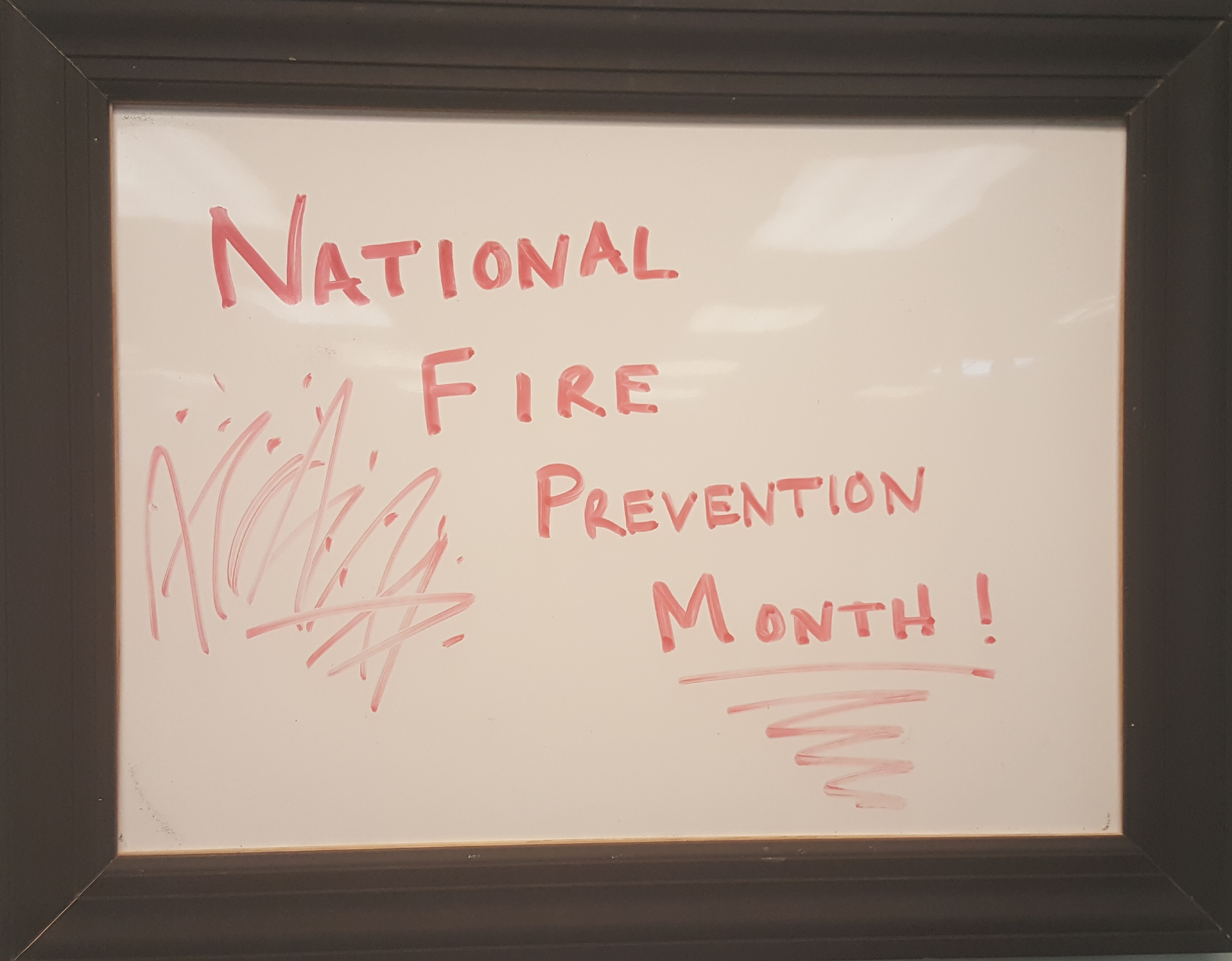Author Archives: Steven Visco
Cut Your Own Christmas Tree This Holiday Season
The Thanksgiving Turkey has been carved and now it is time for the next holiday ritual – finding the perfect Christmas tree!
From Amityville to Montauk, Long Island has about a dozen tree farms where you can cut a fresh Christmas tree. These farms range from simple to full-fledged holiday extravaganzas.
So, whether you prefer a quick tree cutting errand or an all-day event, consider a visit to one of these farms.
Things to know before you go:
- Dress appropriately. These farms are all in the open air and it will get chilly.
- Some places do not take credit or debit cards. Go prepared with cash or check.
- Be sure to bring your own rope in the event the farms does not provide any.
Farms to visit:
Huntington Town
Elwood Pumpkin and Christmas Tree Farm
1500 E. Jericho Tpke.
Open through Christmas Eve
Cost $12 – $18 per foot
Tilden Lane Farm
48 Wyckoff St. Greenlawn
Open weekends Nov. 26-Dec. 11
Cost $70-$80 per tree
Brookhaven Town
Carter Christmas Tree Farm
123 North Country Rd. Miller Place
Open weekends through Dec. 18th
Cost varies depending on size
Matt’s Christmas Tree Farm
305 Weeks Ave. Manorville
Open Nov. 25 – Christmas Eve, closed on Tuesdays
Cost $12-$16 per foot
Riverhead Town
Lewin Farms
Fresh Pond Ave. Calverton
Open Nov. 25th – late December
Cost $35 – $55 per tree
Southold Town
Dart’s Christmas Tree Farm
2355 Main Bayview Rd. Southold
Open November 25 – Christmas Eve
Cost varies
Santa’s Christmas Tree Farm
30105 Main Road. Mattituck
Open November 25 – end of holiday season
Cost: $75 per tree
Have a joyful holiday season!
How to Make Existing Windows More Energy Efficient
The colder months are officially among us! Drafty windows in your home make it less comfortable for you and your family by allowing cold air to enter your home during these fall and winter months. Not only is this a cause for discomfort but it also has a negative impact on the environment.
Leaky windows require heating systems to work harder, therefore increasing energy consumption. You can help keep your home warm while being more energy efficient with a few of these helpful tips:
Caulk or add weather stripping. Small cracks and gaps around windows, which are most often found around windows in older buildings, might not seem like a big deal but can be the biggest reason as to why you have a draft! Fixing these small cracks will go a long way when it comes to keeping your home warm and saving energy.
Install window films. Plastic window films are another option for homeowners looking to keep their home warm and save energy. Heat shrink film can be cut to fit each individual leaky window in a home and help save you tons on energy costs.
Once you have sealed up the cracks and gaps in your window, be sure to open your curtains during the day time. The natural light shining in will warm your home up.
Drafty and leaky windows are bad for homeowners! Not only does it cause you to be uncomfortable but it can drive up your energy bill. Thankfully, there are options!
For information on homeowners insurance or how to save on your homeowners’ premium, give us a call at 516-249-5200.
Converting Your Home Heating System to Natural Gas
Is it time to convert your home heating system from oil to a more affordable, reliable and healthier gas?
Natural gas home heating is much cheaper than oil. Not only is it cheaper, but it is clean, safe, efficient and a more dependable energy source because it is produced in the United States.
To begin the conversion process, contact PSE&G and ask them to recommend one of their reputable installers if you do not already have one.
The contractor can find out if there’s natural gas within 100 feet of your home so that you do not have to pay a connection charge.
Once this is determined, the contractor will remove the old boiler and oil tank if it is located inside your home. If your tank is located underground, it can be abandoned and will no longer be used to store fuel. In place of the old heating system, a gas boiler and a separate hot water heater will be installed. The last and final step would be a safety inspection of the new equipment. This process can take some time, so make sure that you have enough of your current fuel source.
After that, you can enjoy a more affordable, safer, healthier and efficient way of heating your home.
Don’t forget to contact your insurance agent and advise them of your heating system updates.
For questions or more information on Homeowners insurance, please give us a call at 516-249-5200 or visit our website at www.chedwards.net
by Steven Visco
Transportation Network Companies
TNC/Ridesharing has become a popular trend over the past year. However, many consumers have unanswered questions when it comes to ridesharing and insurance.
What is a “TNC”?
TNC stands for “Transportation Network Company”. TNC’s are the companies that offer a ridesharing service. Companies such as Uber and Lyft are examples of popular “TNCs”.
What is “Ridesharing”?
Ridesharing is the use of a personal, non-commercial, privately owned vehicle to provide pre-arranged transportation to others. Passengers request a ride though the Transportation Networks app.
What is a “TNC Driver”?
A TNC Driver is someone who uses their personal, non-commercial vehicle to provide rides for others.
Who must provide insurance for the TNC Driver?
New York State law requires that a TNC provide primary insurance coverage for their drivers through a group policy. TNC drivers are able to obtain their own insurance but must meet the same insurance requirements as the TNC is required to provide.
What are the required minimum limits of insurance?
Bodily Injury Liability: $75,000/$150,000
Property Damage: $25,000
Uninsured Motorist: $25,000/$50,000
Personal Injury Protection $50,000
Will the TNC Driver’s personal automobile policy provide physical damage coverage?
No! The TNC driver’s personal automobile policy will only provide physical damage coverage if an insurer provides the coverage for a TNC drivers vehicle through an endorsement.
Is there an age and licensing requirements to become a TNC driver?
Yes, New York State law requires that TNC drivers must be at least 19 years old and hold a valid and current New York State driver’s license issued by the New York State DMV.
Are there any requirements to become a TNC driver?
Yes, the New York State DMV requires that the TNC conduct a criminal history background check along with a review of the applicant’s driving record. TNC’s must also verify that the applicants vehicles are properly registered and inspected.
If you are a TNC driver or are thinking of becoming one and have questions regarding your insurance, please give us a call at (516) 249-5200 and one of our automobile specialist will be happy to assist you.
#NewYorkCentralMutual
October is National Fire Prevention Month – Fire Prevention and Safety Tips
October is National Fire Prevention month. According to the NFPA U.S. fire departments responded to an estimated average of 358,300 home structure fires per year during 2010-2014, which represents three-quarters of all structure fires. $6.7 billion in direct damage, or 69% of total direct damage in structure fires.
A tragedy can strike at any time. Preparing cannot only save your life but it can help save others.
- Here are some tips that can help you when it comes to fires:
Be sure all of your smoke detectors and carbon monoxide detectors are working properly. - Don’t use candles. Wax with wicks are the most common fire starters among house fires.
- Always have a fire extinguisher in an easy to reach place in the event of an emergency.
- Make sure there is a smoke detector outside of each bedroom.
- Avoid smoking inside your home. If you do smoke inside your home, use a metal canister with sand or water to put out cigarette butts.
- Don’t overload electrical outlets or surge bars.
- Prepare an evacuation plan with your family in the event of a fire. Be sure to have designated escape spots and a backup escape spots in case other spot are blocked from the fire.
- Protecting yourself and your loved ones from fire is important. Preparing now and knowing the basics can help save a life.
If you have questions regarding possible fire damages to your home, please call C.H. Edwards, Inc. today at (516) 249-5200 or visit our website at www.chedwards.net.





